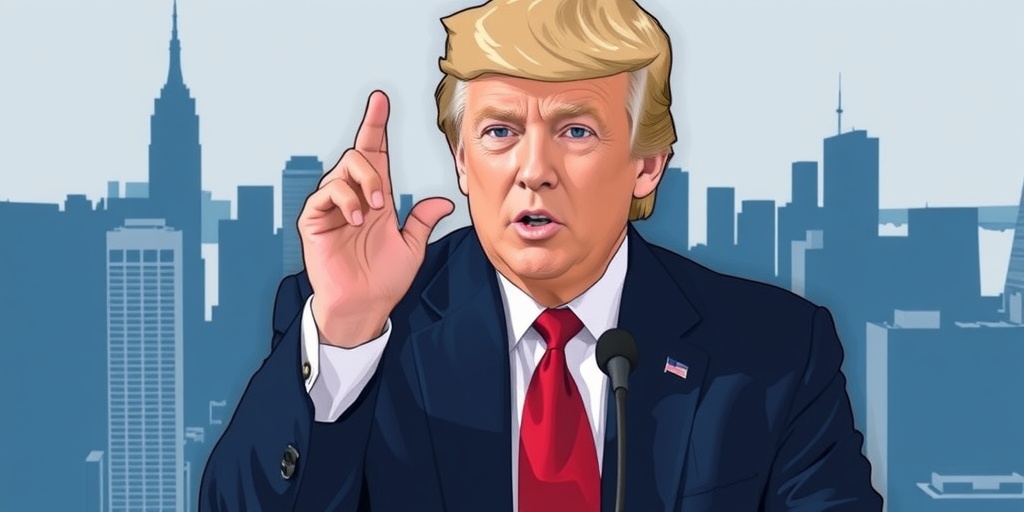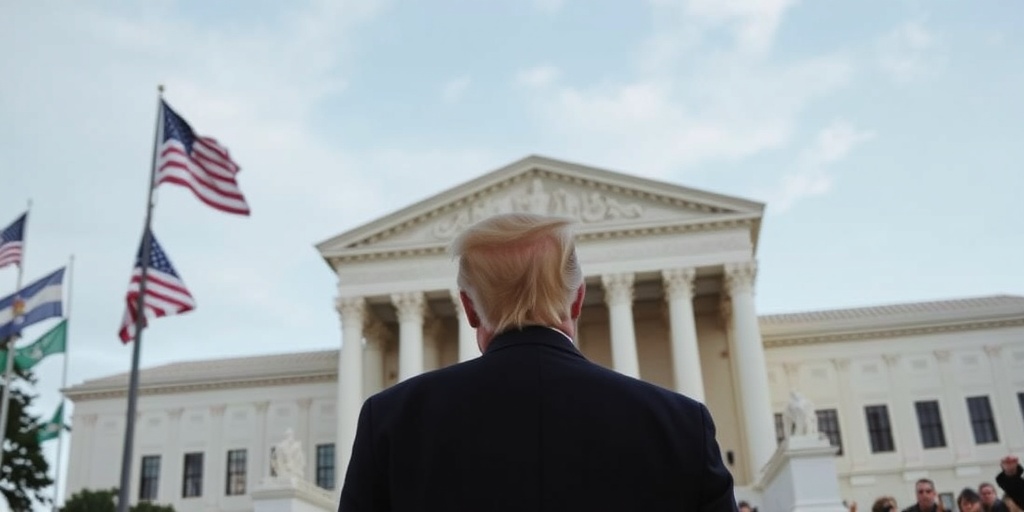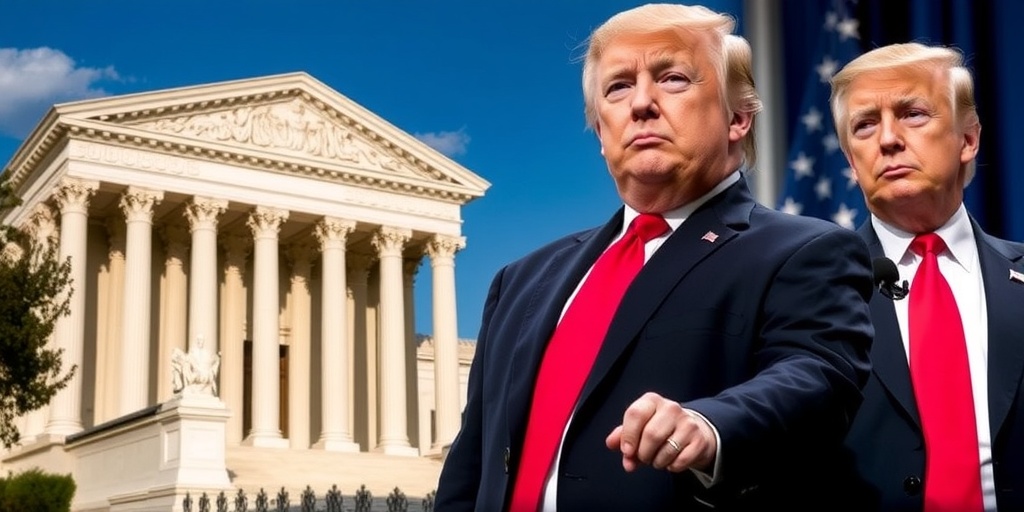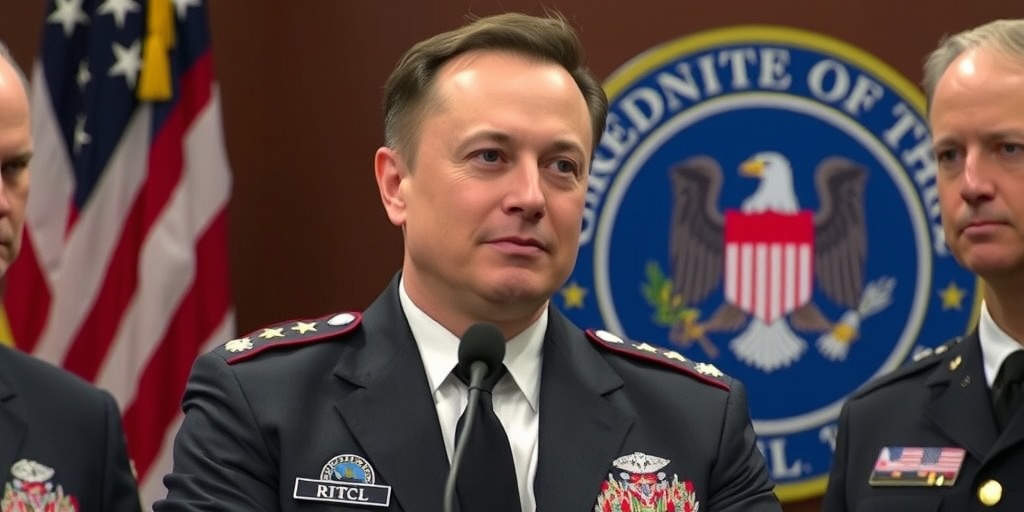Now Reading: Andy Beshear Criticizes Gavin Newsom for Hosting Steve Bannon on Podcast
-
01
Andy Beshear Criticizes Gavin Newsom for Hosting Steve Bannon on Podcast
Andy Beshear Criticizes Gavin Newsom for Hosting Steve Bannon on Podcast
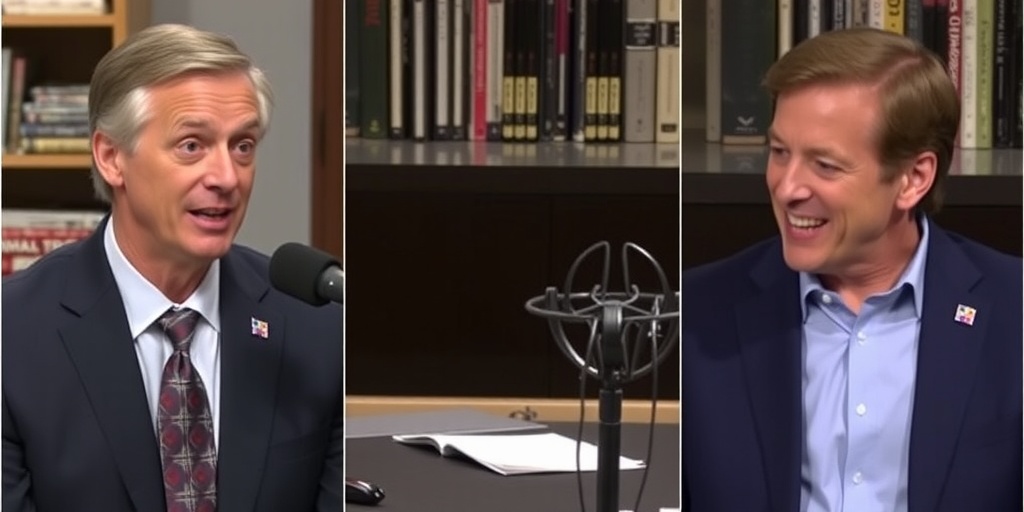
Kentucky Governor Criticizes California Governor’s Decision to Host Steve Bannon on Podcast
In a recent statement, Kentucky Governor Andy Beshear expressed strong disapproval of California Governor Gavin Newsom’s choice to feature Steve Bannon, one of the key figures behind the MAGA movement, on his inaugural podcast. Governor Beshear remarked that Bannon’s “voice should not be elevated on any platform ever, anywhere,” highlighting a significant ideological rift among Democratic leaders regarding the engagement with controversial figures in politics.
Beshear’s comments came during a private meeting with House Democrats at a retreat in Northern Virginia, where he shared his views with a select group of reporters. The Kentucky governor, who has garnered attention as a potential presidential candidate for the 2028 election and was previously vetted as a running mate for Vice President Kamala Harris, articulated a nuanced perspective on political discourse. While he acknowledged the importance of diverse voices in political dialogue, he firmly stated that Bannon’s message of “hatred and anger” should not be circulated in public forums.
“I think that Governor Newsom bringing on different voices is great,” Beshear was quoted as saying. However, he underscored that Bannon’s rhetoric incites violence and is ultimately harmful to constructive political discourse. Beshear was not alone in his critique; he shared the stage with other Democratic governors who are also seen as possible candidates for the upcoming presidential race, including Josh Shapiro of Pennsylvania and Gretchen Whitmer of Michigan.
Gavin Newsom’s podcast venture has sparked considerable controversy, especially due to his decisions to invite high-profile conservative figures like Bannon and conservative activist Charlie Kirk. This move has drawn backlash not only from Democrats but also from some conservative figures. For instance, former Congressman Adam Kinzinger, who faced repercussions for his vocal opposition to Trump, deemed Newsom’s invitations as “insane,” indicating a fracture within conservative circles as well. Kinzinger emphasized that many, including himself, sacrificed their political careers to oppose individuals like Bannon, suggesting that Newsom’s approach could be counterproductive.
In response to the criticisms, Newsom defended his choices in an email to supporters, explaining that understanding the motivations and strategies of the MAGA-right is essential for the Democratic Party’s future success. He argued that engaging with these figures is necessary to grasp their organized tactics and strategies from the past election cycle and that platforms should exist for open dialogue, even with those who hold divergent or controversial views.
The debate about Bannon’s appearance on the podcast is reflective of broader discussions within the Democratic Party about how to effectively combat far-right ideologies and figures. Meanwhile, Newsom is also facing scrutiny from within his party for other views he expressed during the podcast. Specifically, he sparked controversy by stating his belief that the participation of transgender athletes in women’s sports is "deeply unfair," which puts him at odds with many progressives who advocate for trans rights in sports.
During the retreat, Beshear distinguished his views from Newsom’s regarding transgender issues, recalling his failed attempt to veto legislation requiring student athletes to compete based on their birth certificate sex. Despite the override of his veto by the state legislature, Beshear emphasized the importance of fairness in sports while advocating for flexible policies that accommodate the unique abilities of athletes. He recalled the consequences of the legislative decision, which prevented a transgender middle school athlete from participating on a field hockey team, illustrating the human cost of political decisions.
As for Newsom’s podcast, Beshear admitted with a laugh that he had not yet listened to the episodes. “I haven’t yet. Don’t tell him that,” he said, highlighting the complexities of political discourse—the necessity of engaging with different ideas while also navigating personal convictions.
In summary, the divergent opinions between two prominent Democratic governors on the engagement with controversial figures like Bannon, as well as on social issues such as transgender participation in sports, illustrate the ongoing ideological battles within the Democratic Party. As both Beshear and Newsom eye potential presidential bids, their contrasting approaches reflect broader strategies for addressing the challenges posed by far-right ideology and the need for cohesive yet diverse voices in American politics.
Stay Informed With the Latest & Most Important News
Previous Post
Next Post
-
 01New technology breakthrough has everyone talking right now
01New technology breakthrough has everyone talking right now -
 02Unbelievable life hack everyone needs to try today
02Unbelievable life hack everyone needs to try today -
 03Fascinating discovery found buried deep beneath the ocean
03Fascinating discovery found buried deep beneath the ocean -
 04Man invents genius device that solves everyday problems
04Man invents genius device that solves everyday problems -
 05Shocking discovery that changes what we know forever
05Shocking discovery that changes what we know forever -
 06Internet goes wild over celebrity’s unexpected fashion choice
06Internet goes wild over celebrity’s unexpected fashion choice -
 07Rare animal sighting stuns scientists and wildlife lovers
07Rare animal sighting stuns scientists and wildlife lovers













